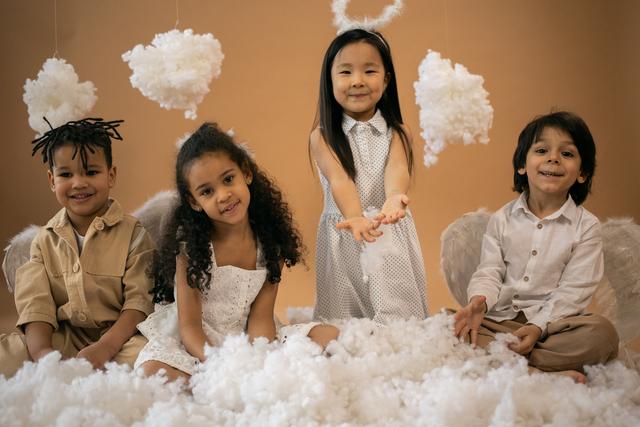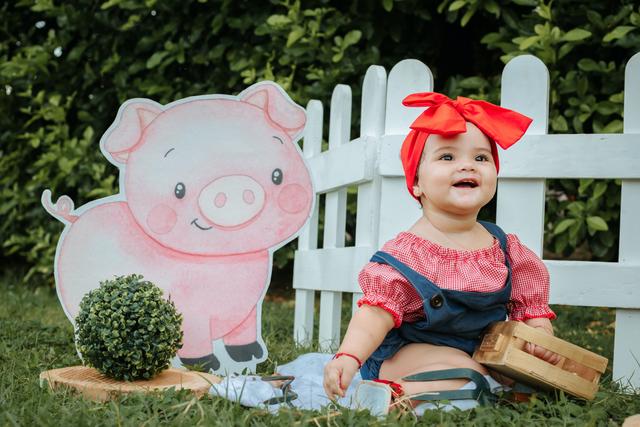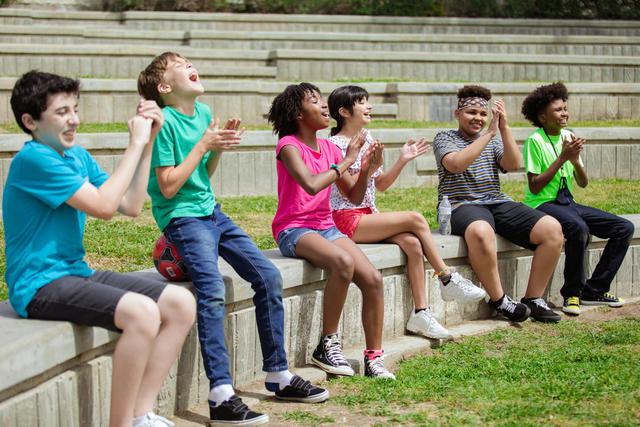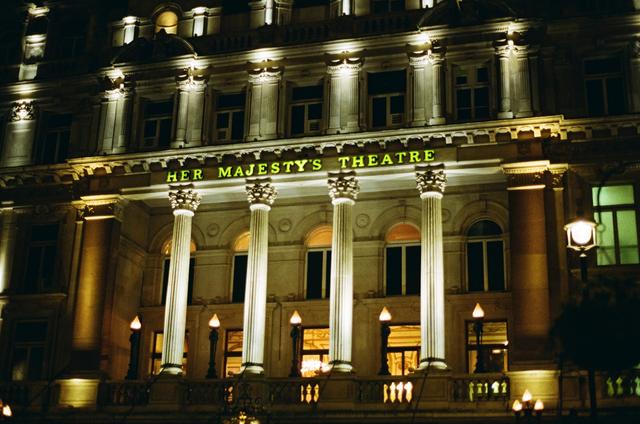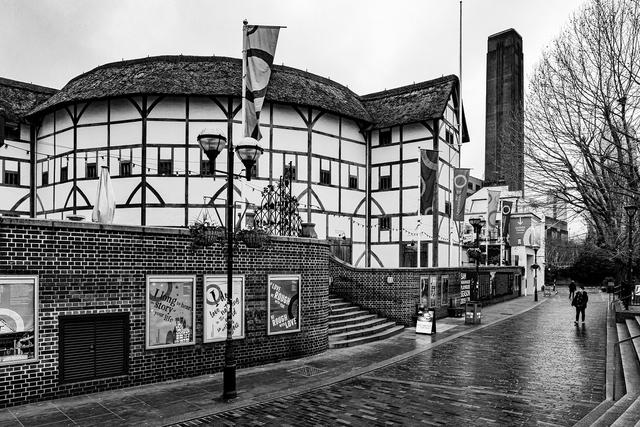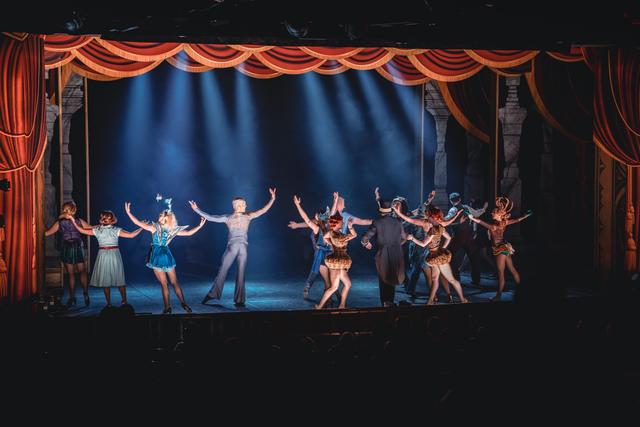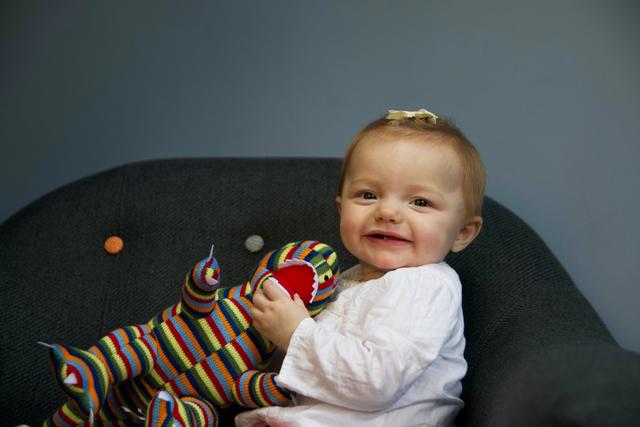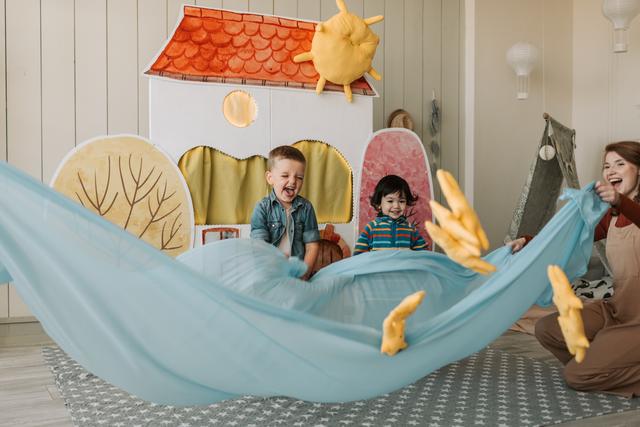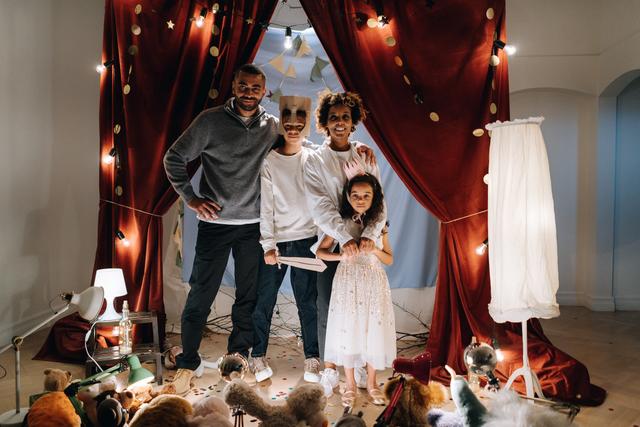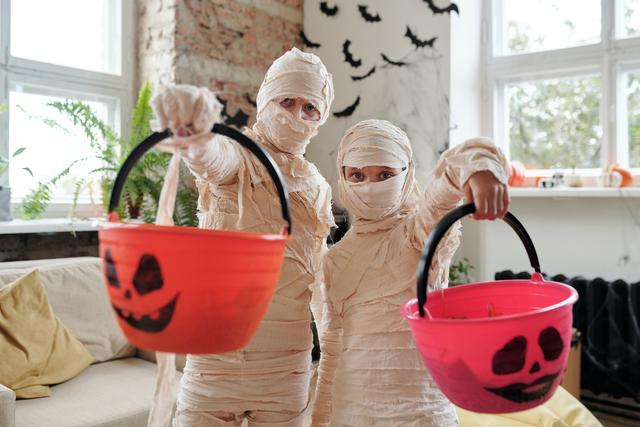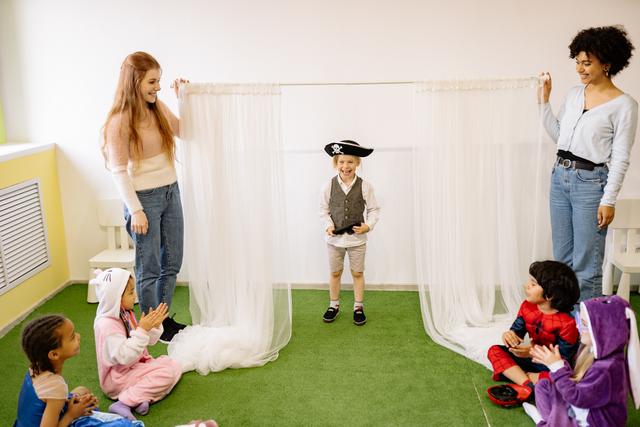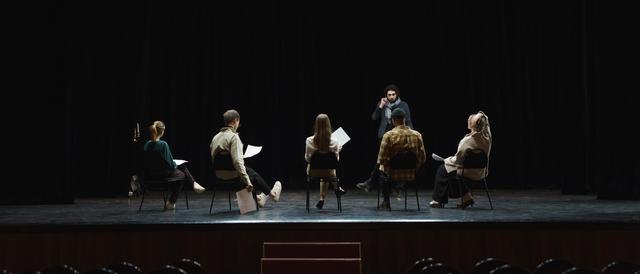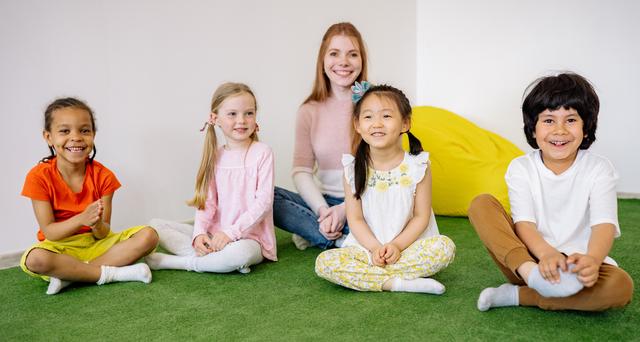Theatre Articles
Theatre For Kids In The UK
Theatre for children in the UK has an illustrious history that stretches back to the 16th century, intertwined deeply with the nation’s rich cultural tapestry. The earliest forms of children's theatre, such as the Morality Plays, not only entertained but also imparted moral lessons. By the 18th and 19th centuries, the landscape of children’s theatre began to transform with the emergence of pantomimes and variety shows, securing a popular place in British culture.
As the 20th century dawned, children’s theatre evolved further, gaining recognition as a vital aspect of cultural education. Influential figures like Joan Littlewood and Beryl Reid were instrumental in pioneering new, innovative approaches that focused on making theatre an interactive and participatory experience for children. Their efforts have left an enduring legacy, with children’s theatre now widely acknowledged for its role in stimulating young minds and imaginations.
In contemporary times, the UK boasts a vibrant scene of children’s theatres and theatre companies dedicated to catering to young audiences. Institutions such as the Unicorn Theatre, the National Theatre, and the Young Vic are at the forefront, producing a diverse range of productions that tour across the country. These organisations strive to maintain the tradition of children's theatre, ensuring that each new generation has access to enriching theatrical experiences.
This rich heritage and the continued popularity of theatre for kids underscore the UK’s commitment to nurturing artistic talents and providing educational recreation. As a result, children across the nation have ample opportunities to engage with theatre, whether through watching performances or participating in them, fostering a continuing appreciation of the arts in British society.
The Benefits of Theatre
Participating in theatre offers a multitude of health benefits for children that extend beyond the stage. Through engagement in theatrical activities, children cultivate vital social skills such as communication, empathy, and teamwork. Interaction with peers in a collaborative environment fosters these skills, which are crucial for personal and educational development.
Creativity and imagination are also significantly enhanced as children immerse themselves in the world of theatre. This form of artistic expression allows them to explore different scenarios and roles, building a rich inner life and providing a deeper connection to the world around them.
Moreover, involvement in theatre can have a profound impact on a child's confidence and self-esteem. The experience of public performance helps them overcome shyness and gain the confidence to express themselves in front of an audience. This newfound confidence often translates into other areas of life, encouraging a more assertive and positive self-image.
Academically, children who participate in theatre are often more successful. The skills gained through performing arts, including improved memory and better concentration, contribute to superior academic performance. Furthermore, theatre helps children develop emotional intelligence, enhancing their ability to understand and manage their emotions, as well as empathise with others. Through exposure to diverse emotional situations and character experiences in plays, children learn to navigate their feelings more effectively.
FAQs
Q: What age is it appropriate for children to start attending theatre?
A: Children can start attending theatre performances at any age, but specific shows are tailored to different age groups. Children's theatre often caters to toddlers as young as two or three, ensuring the content is engaging and age-appropriate. Parents and guardians are best placed to judge what is suitable for their child based on their maturity and interests.
Q: How can I find family-friendly theatre performances in the UK?
A: Family-friendly performances can be found by visiting websites of major children’s theatres like the Unicorn Theatre and the National Theatre. Local event listings and dedicated platforms like Hoop.co.uk also provide up-to-date information on children’s theatre performances across various regions.
Q: What should I consider when taking my child to their first theatre show?
A: When taking your child to their first theatre show, consider the length of the performance and the recommended age guidelines to ensure it is suitable. It's also beneficial to familiarise your child with the storyline beforehand and discuss theatre etiquette such as sitting quietly and applauding at appropriate times.
Q: Can theatre exposure benefit my child’s development?
A: Yes, exposure to theatre can significantly benefit a child’s development. It helps enhance their creativity, improves their ability to express emotions and increases empathy by understanding different characters' perspectives. Theatre also offers a communal experience which is excellent for social development.
Q: Are there interactive theatre shows for children in the UK?
A: Yes, many theatre productions are designed to be interactive, allowing children to engage directly with the performers or affect the outcome of the story. This type of theatre can be highly engaging for children, making the experience memorable and more impactful.
